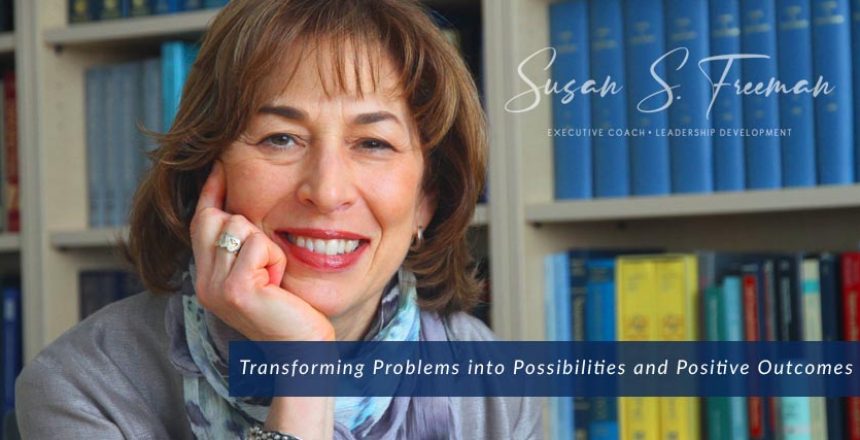 Triggers.
Triggers.
We all have them. None of us are entirely immune. I say “entirely” because there are things we can do to reduce the impact that triggers have on us as leaders. Triggers are events that stimulate our brain into a reaction—often “fight or flight.” The brain checks into the memory banks and looks for a similar event that evoked similar feelings. Often it is an event from our earlier years, one in which the event felt “unsafe.” We may have felt humiliated, shamed, embarrassed, scared, or angry. If the intensity of the present event evokes similar sensations, AND you don’t have a way out, likelihood is you could be triggered.
When triggered we don’t often respond as our best selves. As leaders, it’s crucial to understand that although triggers are around us all the time, they don’t have to take us with them. We do have choices. I have a teacher who says, “Don’t try to remove the button pushers; instead remove the buttons.” What an approach!
Often the amount of time that lapses between the triggering event and our reaction is so slight that we don’t feel as if we have a way out. This is why it helps to do some “trigger training.”
Trigger training looks like this:
- Become aware of the people, events, and situations where you become “triggered”.
- Notice what happens in your body; do you sweat, does your heart beat faster, does your jaw clench, does your voice get louder, do you clench your jaw? Noticing is the first clue that your body is gearing up for a trigger reaction.
 Have a plan in place. When this happens next time, here’s what I will do. Options may include stepping away, asking to reschedule the conversation at a different time, etc. If you decide to stay put, do the following:
Have a plan in place. When this happens next time, here’s what I will do. Options may include stepping away, asking to reschedule the conversation at a different time, etc. If you decide to stay put, do the following:- Breathe deeply from your belly right away. Notice if your breathing has become shallow from the top of your lungs. If so, you are no longer in charge; your subconscious memory is, and it will take you back to the same reactions you’ve had before. Keep breathing from your belly and focus on longer exhalations than inhalations. Slow down.
- Look into the eyes of the other and see the person before you– truly. Imagine that they are a small child. One who wants to be heard, respected and loved. They’ve forgotten that part. You can remind them by being compassionate and forgiving. Open the conversation with curiosity. Invite them to share. Truly listen.
Triggers are teachers.
They can be used as a tool for growth and development, but only if you choose to use them as such.
We invite you to post your comments here.

